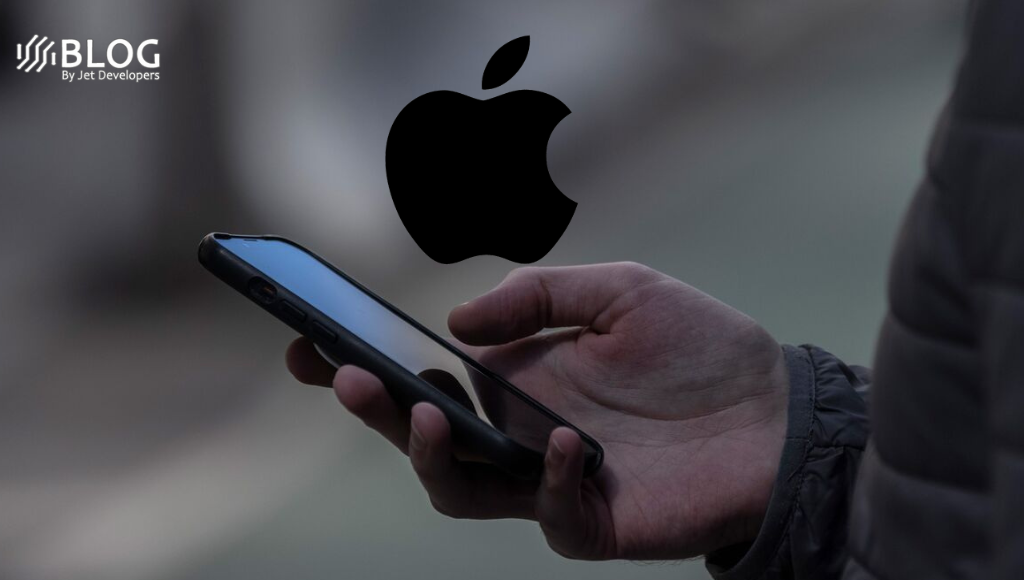In a statement issued Thursday, the Russian Federal Security Service (FSB) claimed to have uncovered a covert operation by the U.S. National Security Agency (NSA) to infiltrate Apple phones using previously unknown malware. The FSB says the alleged plot, as reported by Reuters, was targeted at exploiting specially crafted “back door” vulnerabilities.
FSB Uncovers Plot
The FSB, the primary successor agency to the Soviet KGB, estimates several thousand iPhones, including those owned by Russian citizens, have been compromised. In addition, in a move that underscores the global implications of this alleged operation, the FSB reports that phones belonging to foreign diplomats stationed in Russia and former Soviet territories were also targeted. These reportedly include devices owned by representatives from NATO member countries, Israel, Syria, and China.
“The FSB has uncovered an intelligence action of the American special services using Apple mobile devices,” the agency stated. As of this report, Apple and the NSA have yet to respond to requests for comment.
Russia’s foreign ministry also chimed in, saying that the plot demonstrates the tight-knit relationship between the NSA and Apple. It claimed that the clandestine data collection was conducted “through software vulnerabilities in US-made mobile phones.”
The foreign ministry further accused U.S. intelligence services of using I.T. corporations for mass data collection, often without the knowledge of the targeted individuals. “The U.S. intelligence services have been using I.T. corporations for decades to collect large-scale data of internet users without their knowledge,” the ministry said.
This revelation comes at a time when the United States is regarded as the world’s top cyber power in terms of intent and capability, according to Harvard University’s Belfer Centre Cyber 2022 Power Index.
Global Cybersecurity Implications
These allegations come amidst heightened tensions. For example, after Russian troops moved into Ukraine last year, U.S. and British intelligence went public with information suggesting President Vladimir Putin planned the invasion. The source of this intelligence, however, remains unclear.
As Western intelligence agencies have accused Russia of constructing an advanced domestic surveillance structure, Russian officials have continually questioned the security of U.S. technology. Putin has said he does not own a smartphone but uses the internet occasionally.
Earlier this year, the Kremlin reportedly directed officials involved in preparation for Russia’s 2024 presidential election to cease using Apple iPhones due to concerns about potential vulnerability to Western intelligence agencies.
The FSB’s recent findings bring to the surface a narrative of alleged cooperation between tech giants and intelligence agencies, which will undoubtedly stir debates regarding data privacy, surveillance ethics, and cyber warfare’s geopolitics.






